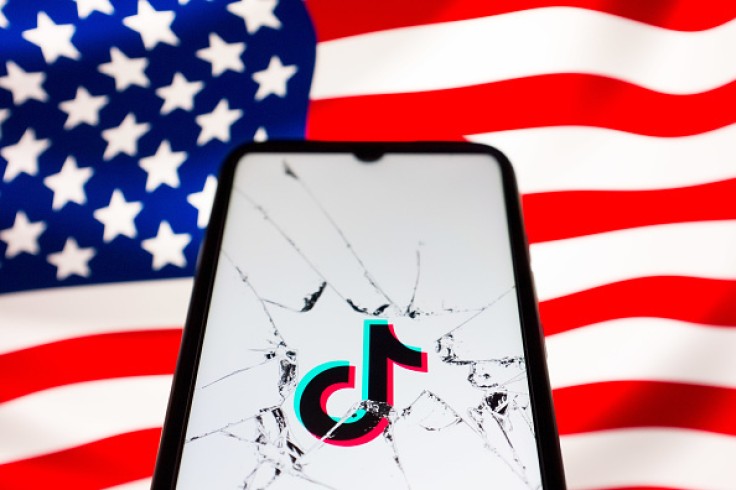
After exhausting various options to prevent a ban in the United States, TikTok is turning to the Supreme Court to block or delay legislation that would remove the platform from the country. The social media giant proposed two options for the court: a temporary injunction or an administrative injunction, both aimed at buying the company enough time to continue operations.
TikTok's latest move comes as the company faces a nationwide ban set to take effect just before Donald J. Trump's anticipated return to the White House. Trump, who has previously indicated he would not ban TikTok during his presidency, represents a potential reprieve for the platform if it can delay the legislation until his inauguration.
TikTok Requests Two Types of Injunctions
According to a report from ArsTechnica, TikTok filed a petition with the Supreme Court seeking immediate relief in the form of an injunction. The company first asked for a temporary injunction to block the ban and allow for further review of the legislation, which it claims will protect Americans from the implications of the Foreign Adversary Controlled Applications Act.
If a temporary injunction is not feasible before the January 6 deadline, TikTok requested an administrative injunction to delay the ban until Trump's inauguration. This measure would provide TikTok with a critical window to survive the legislative action and resume normal operations under a potentially more favorable administration.
TikTok's Strategy to Survive Until Trump's Inauguration
TikTok's appeal highlights its determination to stop the ban before Trump assumes office. The Biden administration has taken a firm stance against Chinese-owned platforms, including TikTok, over concerns about data security and national interests. Trump, on the other hand, has previously stated that he would not enforce a TikTok ban during his presidency, leading the company to pin its hopes on his return to power.
The Foreign Adversary Act and TikTok's Fight
The Foreign Adversary Controlled Applications Act was introduced earlier this year as a measure to target platforms and companies deemed potential threats to U.S. national security. TikTok quickly became the legislation's primary focus, prompting the company to launch efforts to prevent its passage. TikTok's strategies included mobilizing creators and users to petition against the bill, but these attempts were unsuccessful.
The bill moved swiftly through Congress and was signed into law by President Joe Biden. Under its provisions, TikTok was given six months to divest from its Chinese parent company, ByteDance, to continue operating in the U.S. TikTok refused to comply and instead sued the federal government, challenging the ban's legality.
Despite its efforts in lower courts, TikTok has failed to overturn the legislation. The company's appeal to the Supreme Court marks its final attempt to delay enforcement of the ban and wait for Trump's official return to office, which may bring about a reversal of the legislation.
As the ban's January deadline approaches, TikTok remains determined to seek judicial intervention to secure its future in the U.S.









